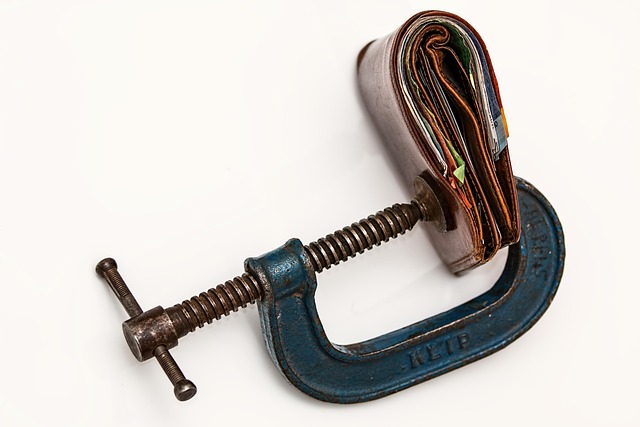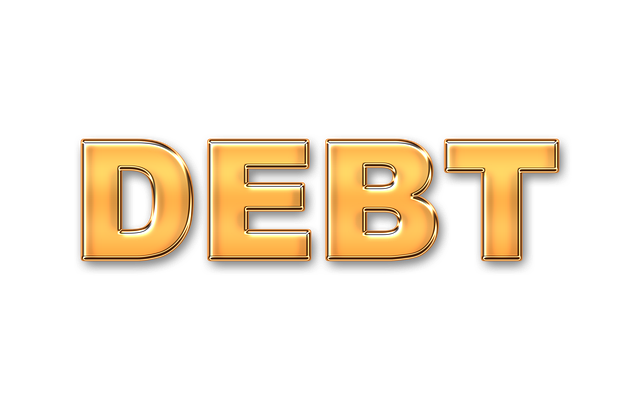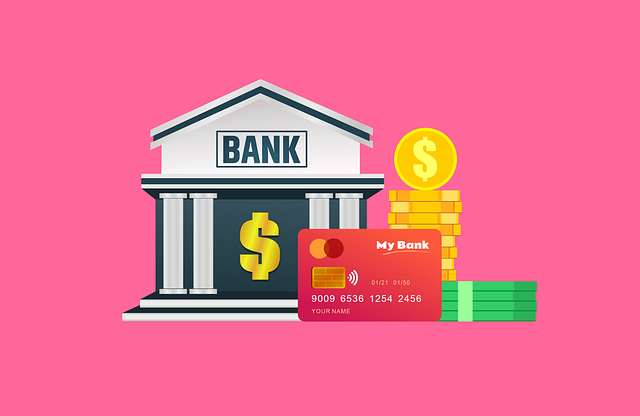In times of financial crisis, individuals overwhelmed by debt can turn to powerful solutions like loan consolidation options and debt settlement programs. Combining multiple debts into one with lower interest rates through loan consolidation simplifies repayment and reduces costs. Debt settlement programs negotiate with lenders for lower balances, providing immediate relief and easier adherence to debt reduction plans. Emergency debt assistance further supports those in financial distress by negotiating better terms or even forgiveness. Integrating these financial crisis solutions, including loans debt consolidation and emergency help, offers a robust strategy to overcome overwhelming credit card debt and achieve long-term financial stability.
Struggling with multiple loans and high-interest rates? Discover 7 surprising ways to consolidate your loans and take control of your finances. From government-backed programs offering emergency debt assistance to debt settlement negotiations and refinancing options, this comprehensive guide explores effective financial crisis solutions. Implement these debt reduction plans to simplify payments, lower costs, and achieve a more manageable financial future.
- Understanding Loan Consolidation: A Comprehensive Overview
- Government-Backed Loan Consolidation Programs for Emergency Debt Assistance
- Debt Settlement Programs: Negotiating with Lenders for Lower Debts
- Refinancing Options: Securing Better Terms and Rates for Your Loans
- Credit Card Debt Consolidation: Strategies for a More Manageable Financial Future
Understanding Loan Consolidation: A Comprehensive Overview

Loan consolidation is a strategic financial move that can help individuals regain control over their debts. It involves combining multiple loans into one single loan with a potentially lower interest rate and more manageable terms. This approach offers several benefits, especially during times of financial crisis or when facing an overwhelming number of debt payments. By consolidating loans, borrowers can simplify their repayment process, reduce monthly expenses, and potentially shorten the overall loan term.
When considering loan consolidation options, it’s crucial to explore various debt reduction plans available, such as debt settlement programs or refinancing opportunities. These solutions provide a way out of the loans debt consolidation labyrinth by offering emergency debt assistance tailored to individual circumstances. With careful planning and expert guidance, individuals can navigate these financial tools to achieve long-term stability and peace of mind.
Government-Backed Loan Consolidation Programs for Emergency Debt Assistance

Many people often find themselves in a financial crisis due to unforeseen circumstances or excessive borrowing. In such situations, government-backed loan consolidation programs offer a ray of hope for those struggling with multiple debts. These initiatives aim to provide emergency debt assistance by simplifying repayment processes and reducing interest rates. By enrolling in these programs, individuals can explore various loan consolidation options tailored to their unique financial scenarios.
Debt settlement programs, under the umbrella of government-backed assistance, negotiate with creditors on behalf of borrowers, helping them secure more favorable terms. This approach not only eases the burden of high-interest rates but also provides a structured debt reduction plan. Such initiatives are especially beneficial for those overwhelmed by their loans and seeking effective financial crisis solutions.
Debt Settlement Programs: Negotiating with Lenders for Lower Debts

Many people find themselves in a financial crisis due to overwhelming loans and debts. In such situations, exploring various loan consolidation options becomes essential for managing finances effectively. One powerful strategy that often goes unnoticed is participating in debt settlement programs. These programs offer an opportunity to negotiate with lenders directly, aiming to reduce the overall debt amount.
Debt settlement involves open communication between borrowers and lenders, where borrowers propose a settlement offer, typically by paying a lump sum lesser than the total outstanding balance. If accepted, this can significantly lower the financial burden. Emergency debt assistance programs often facilitate these negotiations, providing much-needed relief during challenging times. By considering debt reduction plans like these, individuals can take control of their finances and move towards a more stable financial future.
Refinancing Options: Securing Better Terms and Rates for Your Loans

When facing a financial crisis, exploring loan consolidation options can be a strategic move to simplify your debt repayment journey. This process involves combining multiple loans into one, often with better terms and rates. It’s like upgrading from several small debts to one substantial, more manageable one. Securing a lower interest rate is one of the most significant advantages; it reduces the overall cost of borrowing and accelerates the debt reduction plan.
There are various loan consolidation methods to consider, including debt settlement programs that negotiate with lenders for a reduced balance, or refinancing options tailored to specific types of loans like student or mortgage debts. Emergency debt assistance programs can also provide support during challenging financial periods, offering relief from high-interest rates and helping individuals create sustainable debt management strategies.
Credit Card Debt Consolidation: Strategies for a More Manageable Financial Future

Many people find themselves in a financial crisis due to mounting credit card debt. Fortunately, there are several loan consolidation options available that can help individuals gain control over their finances and work towards achieving a more stable future. Credit card debt consolidation is one of the most popular Financial Crisis Solutions. By pooling multiple high-interest credit card debts into a single, lower-interest loan, borrowers can simplify their payment schedule and significantly reduce the overall cost of their debt. This strategy not only provides immediate relief but also makes it easier to stick to a Debt Reduction Plan.
Emergency debt assistance is another crucial aspect of managing credit card debt. Debt Settlement Programs can negotiate with creditors on behalf of borrowers, helping them secure lower interest rates or even forgive a portion of their debt. These programs are particularly useful for those facing financial hardships and looking for quick solutions. Effective loan debt consolidation and emergency debt assistance go hand in hand, offering a comprehensive approach to dealing with overwhelming credit card debt.







